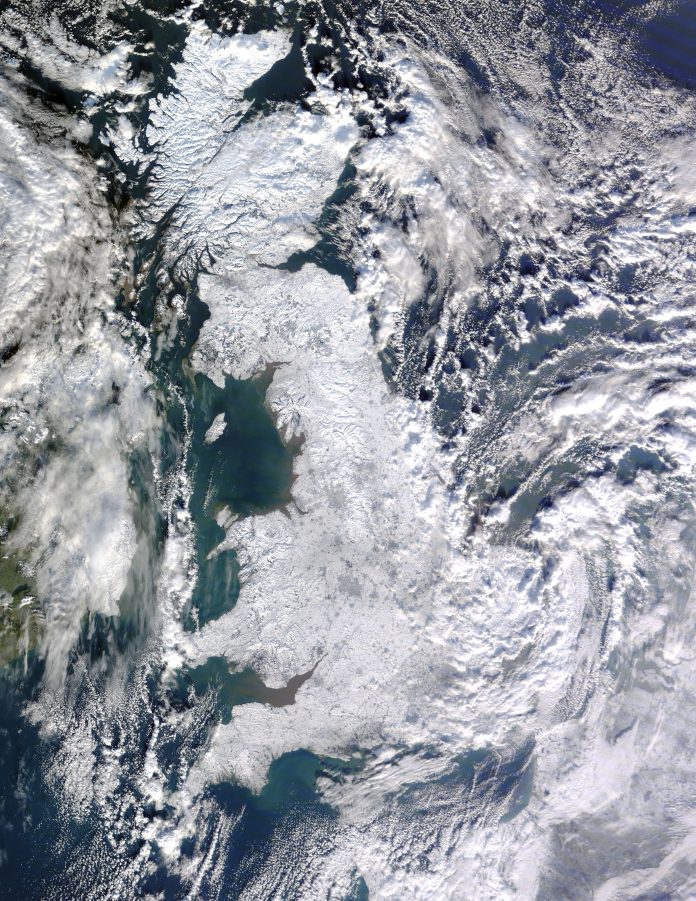
A period of rapid thaw following an unusually cold spell this year led to several unresolved problems for some water customers in the UK, according to the UK water regulator Ofwat.
The nicknamed ‘Beast from the East’ caused by a blizzards blown west from Siberia produced sub-freezing temperatures before the thaw which burst water pipes and left 200,000 customers without supply for more than four hours.
Individual water companies faced several common difficulties under the conditions, such as the rural-urban divide of customers as well as topography. The regulator however said that, of an analysis of 17 companies, there showed “considerable variation in the quality of response from companies and this contributed significantly to the differences between these figures”.
The review, published on the events after the cold weather, attempts to “get to the bottom of what happened, to understand how water companies across the industry performed and, most importantly, to make sure lessons are learned and changes take place so that things are better for the future,” Ofwat said.
Companies such as Severn Trent Water and Thames Water were shown to have lacked appropriate planning for the events. A large number of minor pipe bursts – in some extreme cases as much as 85 percent of the total network – were not fully prepped, revealing the limits of firms’ safety mechanisms.
Thames Water has since repaid its users £120 million for its failure to control leaks.
The problems picked up placed a constraint on supply and indicated a further lack of real-time data on issues affecting the companies’ networks. This made it hard for the companies to identify problems in the first instance.
“As these companies had to design and deliver a response as it happened, they were slower and less effective than companies that already had robust plans in place and had better network data,” the report explained.
Better performing companies included Northumbrian Water, United Utilities, Wessex Water and Yorkshire Water, which employed real time information and monitoring systems to identify and manage the issues better.
According to the regulator, these firms “demonstrated resilience” in their systems, allowing them to move water supplies to areas of most need. They had effective governance processes with clear escalation routes through the company and key external stakeholders.
While the thaw affected fewer than 3 percent of all customers across the country, Ofwat said that, in absolute terms, a significant number of people were impacted for a long period of time. Interruptions went on for several days in some cases, and many customers who managed to keep their water supply experienced low water pressure.







